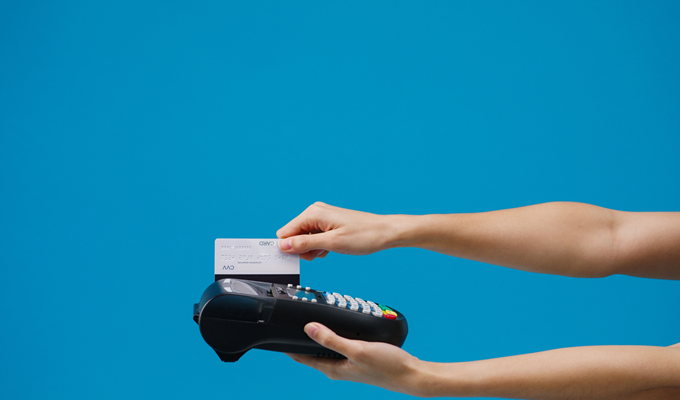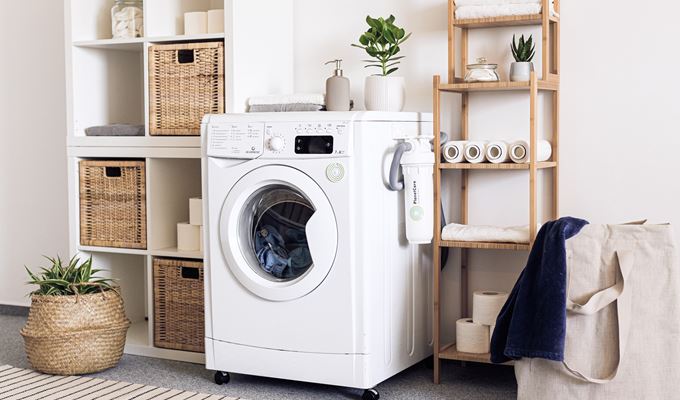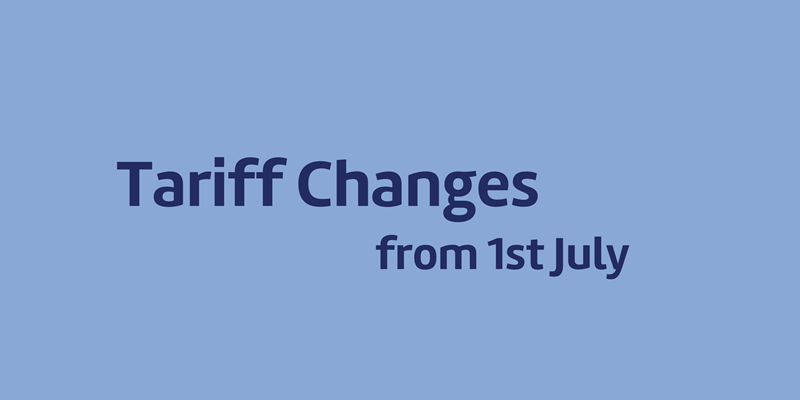Electricity Prices
We offer a range of tariffs designed to suit different lifestyles and to meet your electricity needs, for lighting and heating your home or office, and everything else for which you require power.
Maximum Resale Price*
Guernsey Electricity Limited, in accordance with section 23(2)(b) of the Electricity (Guernsey) Law 2001, hereby gives notices that the maximum resale price at which electricity can be resold by persons to whom it is supplied is *25 pence per unit.
Put simply, a tariff calculates your bill. It's made up of a standing charge and a charge per unit of electricity. The Standing Charge is the amount you pay per quarter to be connected to the electricity supply system, regardless of how much electricity you use.
This is similar to your home phone bill; you pay for your connection and for the amount of time you spend on the phone.

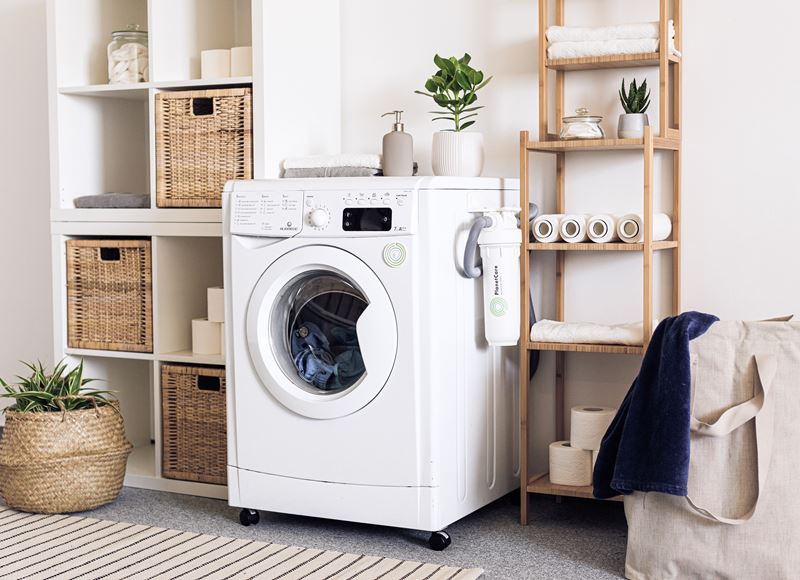
How much does it cost you to use your appliances? Our appliance and electronic energy use calculator allows you to estimate your annual energy use and cost to operate specific products. Use our calculator here.
-
![]() prepayment
prepaymentPay as you go
With a prepayment meter you can pay for your energy as you use it. You add money to your meter and, as you start using electricity, the credit goes down to pay for it. There is no separate tariff for this method of payment, pay as you go customers benefit from all same tariffs as other customers. If you feel that paying for your energy upfront would be a good option for you, please get in touch.
-
![]() efficiency
efficiencyHow to read your meter
Most of the island is now covered by electricity meters that transmit readings to us automatically, but sometimes the signals may not reach us. This means you may receive an estimated statement which is calculated using your previous usage patterns.
If you receive an estimated statement and wish to have one generated based on your actual consumption, please submit your reading below.
To help you understand how to read your own meter, we have created a handy step-by-step guide.
Electric boilers, radiators and underfloor heating - Superheat 24 hour tariff.
This tariff was designed exclusively for electric heating and runs at a low-rate 24 hours a day.
Electric heating appliances connected to Superheat must be wired on a separate circuit and connected to a separate distribution board.
Storage heaters - Super Economy 12 tariff.
This refers to 12 hours out of 24 when you can run your heating using low-rate electricity. This is made up of 2 hours during the day and 10 hours at night. Storage heaters work by storing heat generated using low-rate electricity overnight and releasing that heat during the day.
Water heating and towel rails - these are usually on a Super Economy 12 tariff.
It’s essential that you use a timer to ensure you’re only heating hot water during your low-rate Super Economy 12 times.
The best time to heat water is between 11pm and 5am as this takes advantage of both low-rate electricity and uses 100% renewable energy. At night we do not use as much electricity meaning the power station is not required to top up our imported electricity to meet customer demand.
Air source heat pumps - Heat pump tariff.
This is available for a permanently connected heat pump system and all elements of the system including pumps and controls will use this same tariff.
Air source heat pumps using the heat pump tariff must be wired on a separate circuit and connected to a separate distribution board/consumer unit.
Moving house? Economy 12 tariff time bands are assigned to a property and not to a customer. This means if you have recently moved, the time bands you have become used to may have changed.
The Economy 12 tariff is divided into two rates. The lower rate is made available to customers for a 12-hour period each day. The 12 hours of low rate comprises of a 10-hour period during the night and a 2-hour period during the daytime. The 'normal' rate applies for the remaining 12 hours.
Low-Rate Periods:
A 10-hour period somewhere between 19:45 and 08:15
A 2-hour period somewhere between 12:00 and 16:40
To find out your exact Economy 12 times, first check your electricity meter to see if they have been printed on this. If not, contact us by phone on 01481 200700 or email customer.accounts@electricity.gg
Spend less
For customers on this tariff, we strongly recommend running some appliances such as washing machines, dishwashers, heating water in hot water cylinders and charging electric vehicles where possible between 11:00pm and 5:00am. In fact anything that uses electricity counts, from the smallest device to a big electric van.
During this period, you can run appliances on low-rate electricity, and in winter the power station is not needed overnight to top up our imported renewable electricity. This means you don't need to rely on diesel-generated electricity to use some of your appliances.
Run some appliances more economically and use 100% imported renewable energy.
This is at the top right of your statement and starts with ‘CUS’ for example CUS1234567. You’ll need to have this to hand if you talk to our team about your account, submitting a meter reading or to make a payment.
If you cannot find your customer number then please call 01481 200700 or email: customer@electricity.gg
Need some help paying your energy bills? We can help you with a payment plan and extra support and guidance.
If you’re having money troubles and can’t pay your energy bills, the first thing to do is give us a call on 200700. If we know about it as soon as you fall into difficulty, we can do our best to help you work things out.
We will work together to come up with a fair payment plan that suits you, with regular affordable instalments and give guidance on where you can find independent advice and share useful information on how to cut your bills by being more energy-efficient
What kind of payment plan will you offer me?
Using the information you give us, we’ll help you come up with a payment plan that fits your circumstances. We’ll agree on a fixed amount, to be paid over a set period of time. The payments will be made on a weekly, fortnightly or monthly basis.
Some of the money will go towards repaying the debt, and some will go towards the electricity you’re currently using. This way, you don’t have to find a big lump sum all at once – you can pay off what you owe gradually, at your own pace.
Make sure you’re happy with the payment plan you agree to, and feel it’s do-able, moving forward.
What happens if I can’t keep to the payment plan?
If you find you’re still having trouble keeping up with the payments, just call us again on 200700 and we can try to come up with a better plan. If you fall behind with payments again, and don’t let us know, we may decide to install a prepayment meter.
Installing a prepayment meter
A prepayment meter is like any other pay-as-you-go (PAYG) device, such as a mobile phone. You pay for your energy before you use it, by topping up, rather than paying a bill afterwards. It’s a good way to budget, clear debt and make sure you don’t get any unexpected big bills.
With a prepayment meter, there’s always the risk of running out of credit, and therefore power. But these days, most prepayment meters come with some “emergency credit” of around £5. Which is enough to give you another 24 hours or so of power. This is so you can stay safe, and have enough time to top up at your local shop.
There are some circumstances in which customers won’t have their supply cut off, even with PAYG – for instance if you use a ventilator. But you must make us aware of this when you first sign up.
If you’re on a prepayment plan, some of the money you put in will be used to pay off your debt if you have some, and some will pay for your current energy use. We’ll work with you to agree on a rate you can afford.
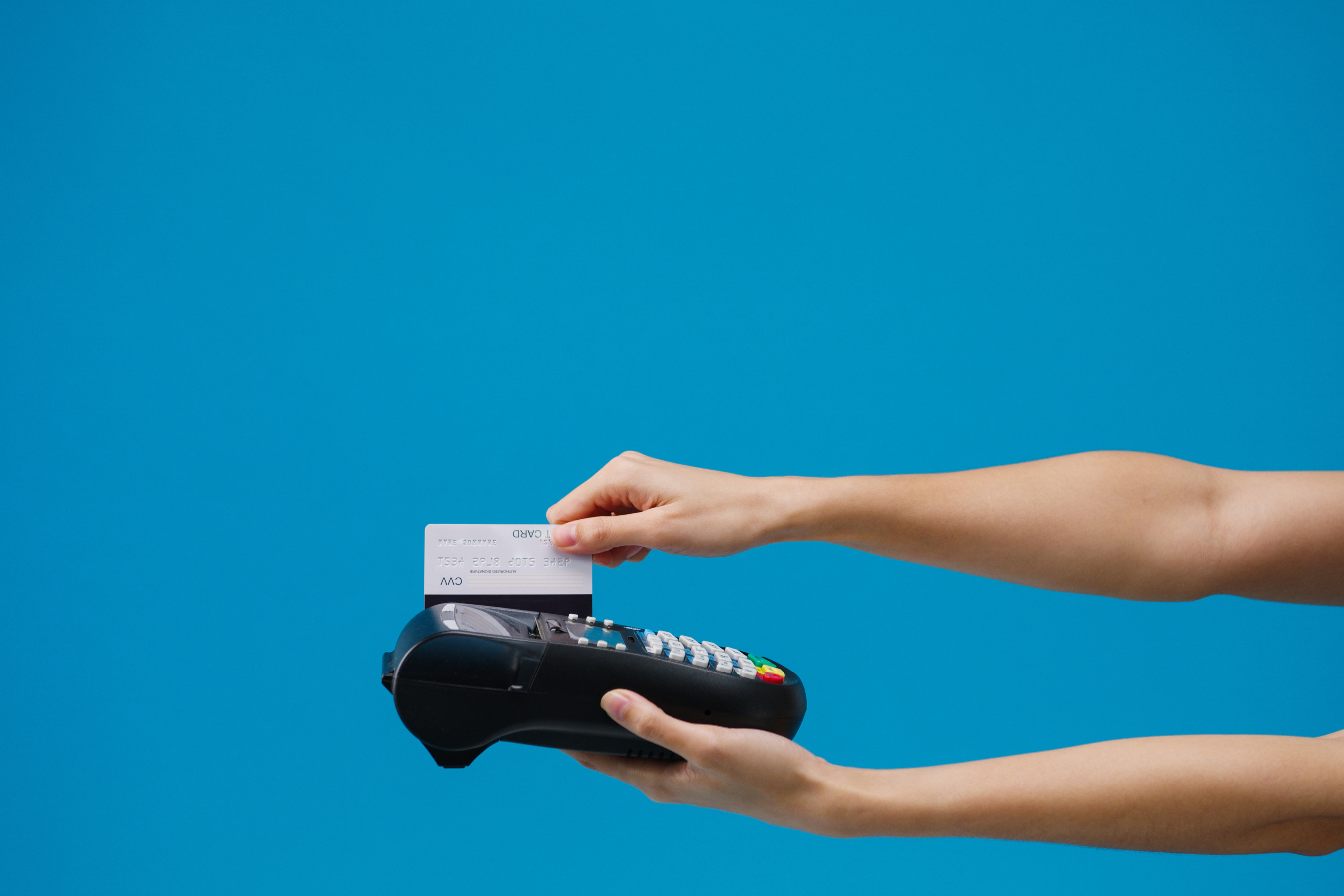
-
Apply for Super EconomyTime bands application form to help save you moneySuper Economy 12 Application
-
How to read your meterSubmitting a meter reading will ensure your bill is accurateHow to read your meter
-
Electricity TariffInformation on tariff changes from July 2024GEL Tariff 2024
-
![]() 23 May 2025
23 May 2025Tariff Changes from 1st July 2025
Electricity tariffs are to rise on 01 July 2025 after the States Trading Supervisory Board (STSB) approved an 8% revenue increase. -
![]() 19 May 2025
19 May 2025What does my money pay for?
For most people, the biggest energy bill of the year follows the coldest, darkest months when we all lean on our energy supply the most. So what is really behind modern life? -
![]() 28 February 2025
28 February 2025Monthly Meets - Meet Christian
This month we're plugging into the world of communications at Guernsey Electricity. Meet Head of Communications and Engagement, Christian Lacey-Brennan.









 More Information
More Information
